Sparta Was a Socialist State
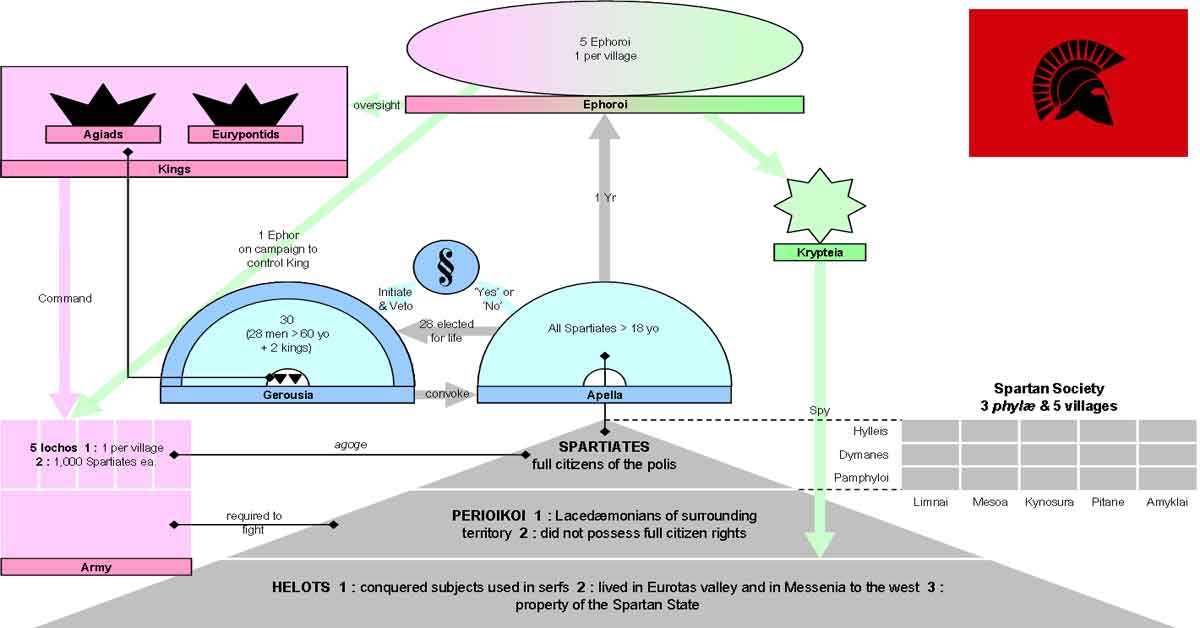
Sparta can be described as a constitutional nationalist socialist state with an oligarchical republican government where societal roles were based on hereditary class.
Political Science is the science of politics, or the science of the nation-state. It is the art of diplomacy, the study of ideas, ideologies, and influence, the science of strategy, economics, and rhetoric, and more. Perhaps political science is best summed up by Aristotle in his discussing of man’s role in creating the ideal nation-city-state:
“Political science aims at what is the highest of all goods achievable by action…. though it is worth while to attain the end [AKA happiness/arete/”the greatest good”/”the highest good”] merely for one man, it is finer and more godlike to attain it for a nation or for city-states. These, then, are the ends at which our inquiry aims, since it is political science, in one sense of that term.” – Aristotle on the meaning of life, virtue, morals, ethics, and the city-state, Nicomachean Ethics 350 BC

Sparta can be described as a constitutional nationalist socialist state with an oligarchical republican government where societal roles were based on hereditary class.

One might assume James Monroe wrote the 1823 Monroe Doctrine, but its primary author was future-President and then secretary-of-state John Quincy Adams.
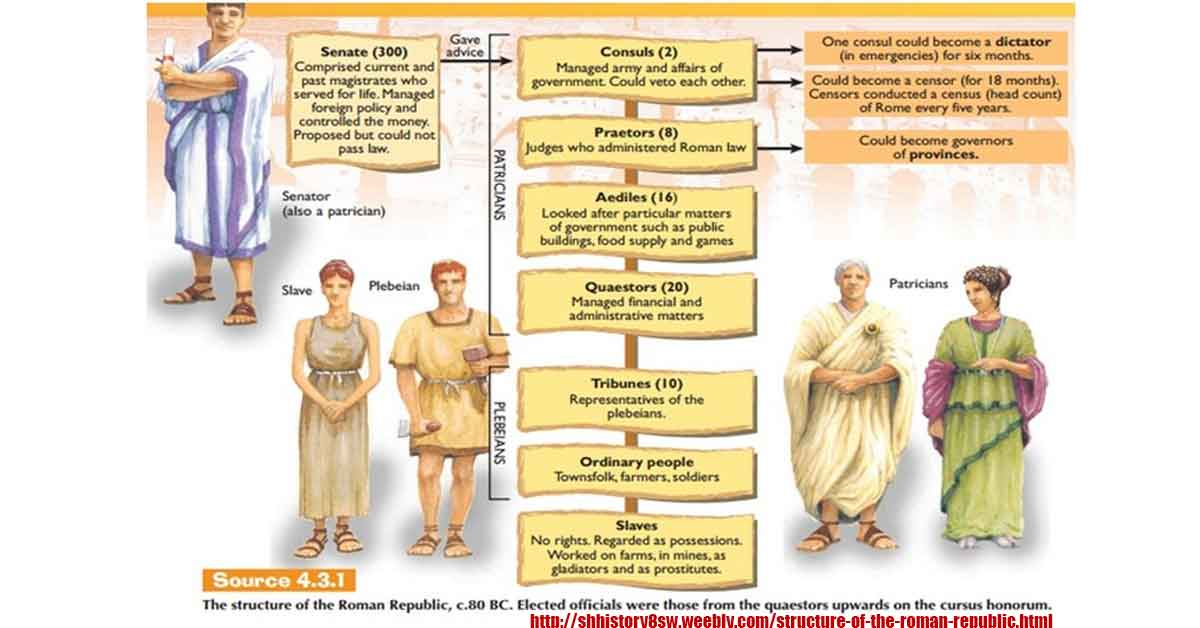
The Optimates like Pompey (aristocrats) and Populares like Julius Caesar (populists) were two opposing political factions at the onset of the fall of the Roman Republic.
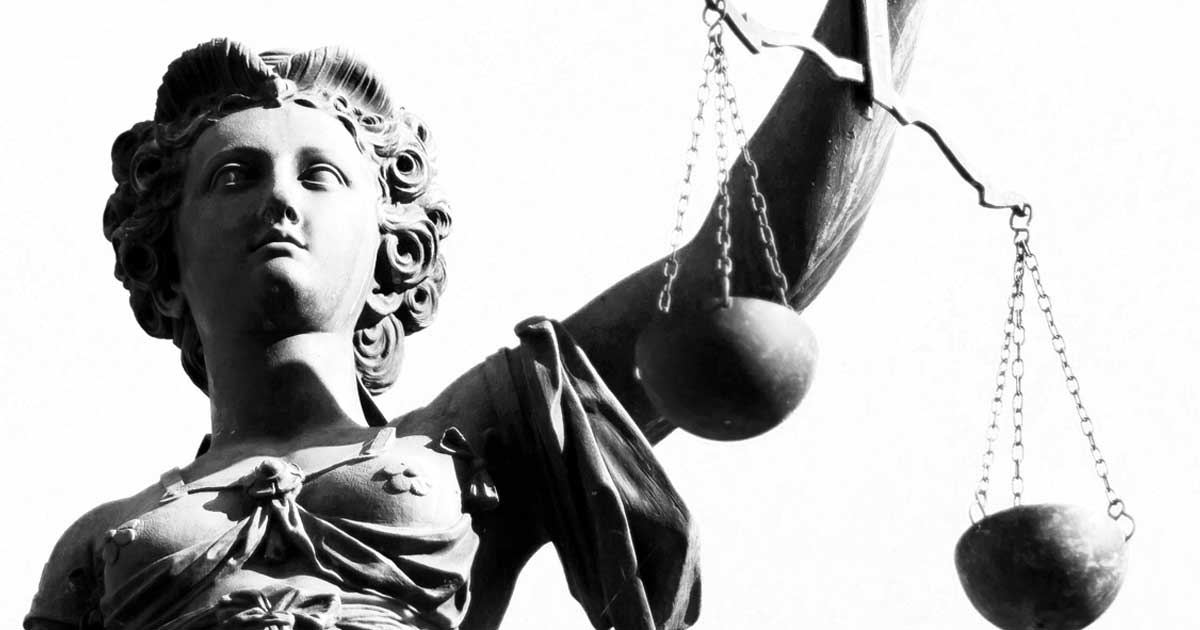
Extreme equality and an extreme inequality are both equally as dangerous in a democratic society. In both cases it corrupts the government.

As James Madison said when discussing special interest factions and liberty in the Federalist #10, “Liberty is to faction what air is to fire, an aliment without which it instantly expires”.

Marie Antoinette never said “let them eat cake”. The idea of royalty suggesting peasants eat cake is an old myth that can be traced to Rousseau’s Confessions, a Spanish Princess, and even a Chinese emperor.
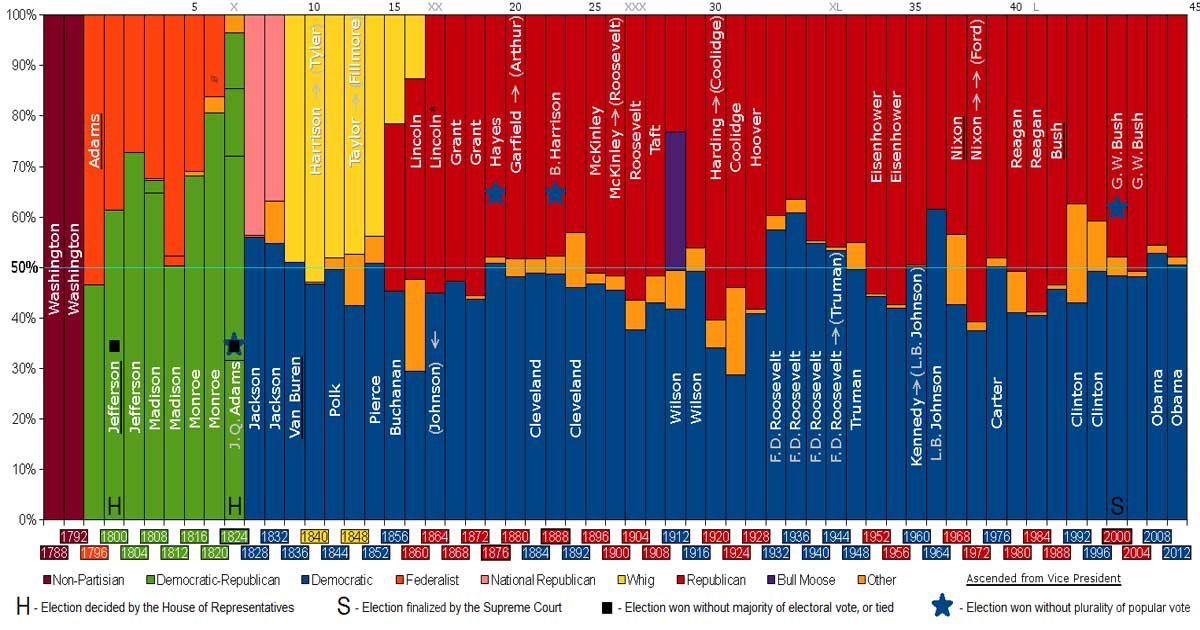
We list the U.S. Presidents, their political parties, and their political ideologies alongside descriptions of their Presidency to examine U.S. history.
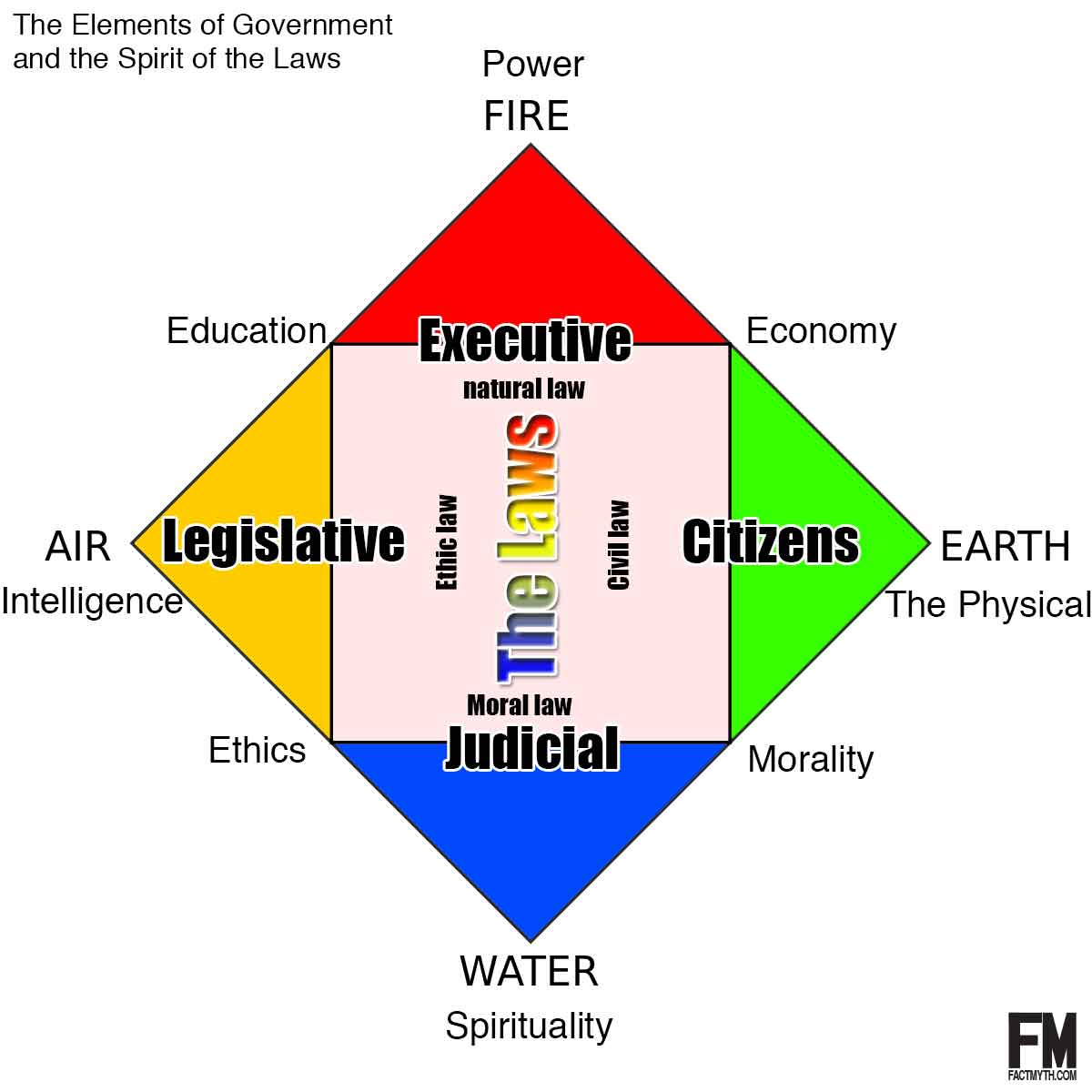
The four “elements” (or “powers”) that form the foundation of government can roughly be expressed as: citizens, executive, legislative, and judicial.

All collectives are comprised of individuals, and all individuals comprise collectives; thus we can never fully consider collectives without considering individuals, or vice versa.
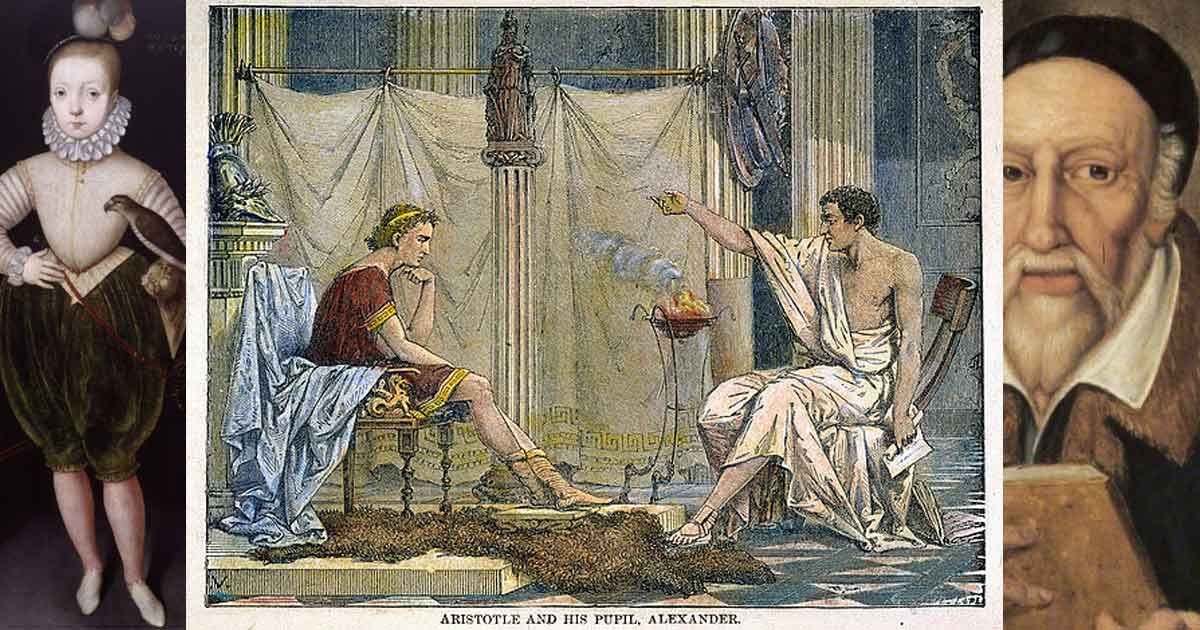
We often attribute the origin of the state of nature argument to Hobbes, but it can be traced to thinkers like Plato, Aristotle, and the Sophists in the 300s BC, and is then mused on by other early philosophers.